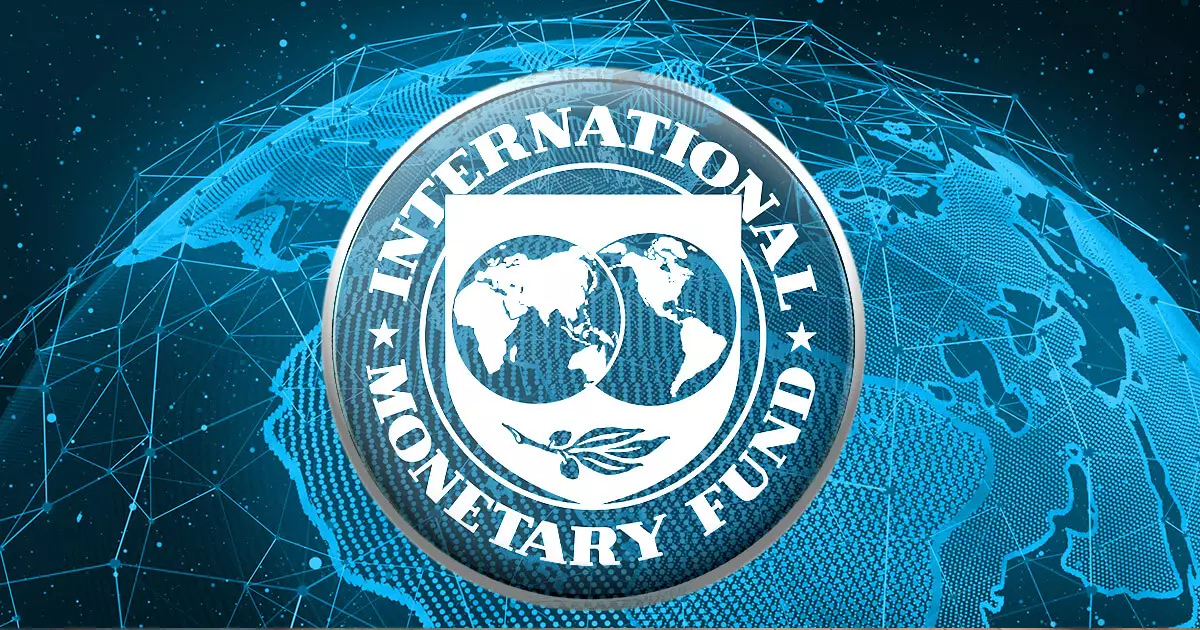Cryptocurrencies and stablecoins have experienced rapid growth in recent years, raising concerns about their impact on financial stability and integrity. In response, the International Monetary Fund (IMF) and the Financial Stability Board (FSB) have published a report commissioned by G20, outlining a comprehensive framework for regulating crypto-assets. This article critically analyzes the report and explores the proposed policy recommendations to address the risks associated with these digital assets.
The Risks of Crypto-Assets
The report highlights several risks associated with crypto-assets. Firstly, it argues that crypto-assets could undermine the effectiveness of monetary policy due to their decentralized nature. Additionally, widespread adoption of crypto-assets may increase fiscal risks for governments and reduce the efficacy of capital flow management measures. Moreover, the report identifies stablecoins, specifically Global Stablecoins (GSCs), as a significant risk to financial stability. The report suggests that if households and businesses come to hold substantial portions of their wealth in GSCs, it could lead to increased volatility and pose a threat to the global financial system.
A Multi-pronged Policy Response
To mitigate the risks posed by crypto-assets, the IMF and FSB propose a multi-pronged policy response. The recommendations include strengthening monetary policy frameworks, guarding against excessive capital flow volatility, addressing fiscal risks, implementing anti-money laundering standards, and enacting comprehensive crypto-asset regulation. These policy measures aim to enhance financial stability and integrity and ensure the effective regulation of crypto-assets.
The FSB has developed recommendations to establish a minimum baseline for crypto-assets and markets, ensuring that they are subject to the same regulation and oversight as traditional financial activities. Furthermore, the report emphasizes the need for global coordination and cooperation in regulating crypto-assets. It highlights the importance of cross-border cooperation, information sharing, and consultation among domestic and international authorities to foster consistent regulatory outcomes.
The report underscores the importance of a comprehensive governance framework for crypto-asset issuers and service providers. It calls for clear lines of responsibility and accountability to ensure effective regulation and oversight. Additionally, stringent risk management frameworks are essential in addressing financial stability risks. Authorities should require crypto-asset issuers to implement robust risk management practices that align with those in traditional finance.
Data Collection and Reporting
To effectively regulate crypto-assets, the report emphasizes the need for robust data collection, recording, and reporting systems. Crypto-asset issuers and service providers should establish comprehensive, clear, and transparent disclosure standards. Furthermore, it is crucial to identify and assess financial stability risks arising from interconnections and interdependencies within the crypto-asset ecosystem.
Implementation and Roadmap
The report provides a roadmap for the effective and coordinated implementation of the crypto-asset policy framework. It calls for capacity building beyond G20 members, enhancing global coordination and cooperation, and addressing data gaps in the evolving crypto-asset ecosystem. Moreover, the report highlights the authorities’ readiness to regulate and supervise global stablecoin arrangements as a core recommendation. It emphasizes the importance of appropriate powers, tools, and adequate resources for effective regulation and supervision.
The publication of this report by the IMF and FSB marks a significant step towards regulating crypto-assets and ensuring financial stability. The proposed policy recommendations, such as strengthening monetary policy frameworks and implementing comprehensive regulation, seek to address the risks associated with the rapid growth of these digital assets. However, effective implementation, global coordination, and robust governance and risk management frameworks will be crucial in achieving the desired regulatory outcomes. The discussion of this report at the upcoming G20 summit in India further highlights the importance of international cooperation in addressing the challenges posed by crypto-assets.


Leave a Reply